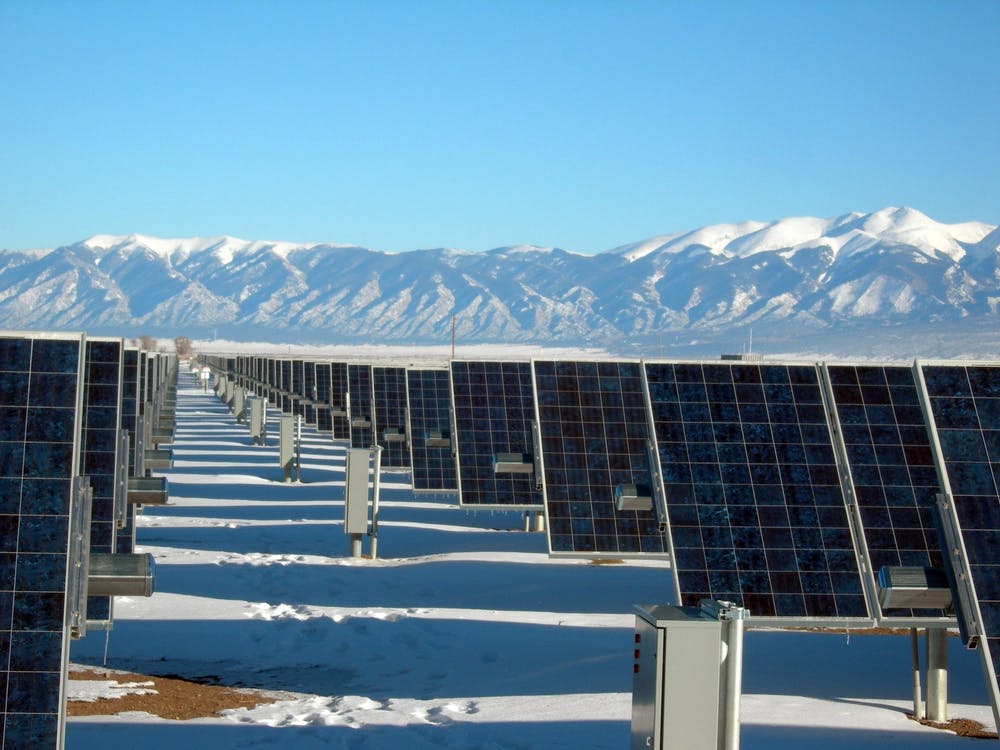
Customers rarely think about solar wholesalers, they’re the ‘invisible’ part of the supply chain when it comes to purchasing panels for residential home. If an installation is going to be completed, where do those companies that provide you with quotations get their supplies? A solar wholesaler is the best option in many situations.
In the solar energy industry, solar wholesalers play a significant role. However, even though they may not be obvious to the general consumer, they have a substantial impact on the overall supply-chain value.
For both residential and commercial builders, solar wholesalers are essential in storing and transporting equipment from as needed. A solar wholesaler is a third sort of provider in addition to a manufacturer.
Below, we’ve included a simplified illustration of how panels are delivered and installed by multiple parties:
A variety of products for residential rooftops
Wholesalers of solar products ensure that the correct solution is provided to the right installation at the right time because of their importance. When working with a distributor, installers don’t have to carry as much inventory of equipment. Until a client agrees to a project, power system installers may wait to buy the equipment they need to complete the installation. Consequently, the cost of installation is lower because the installers no longer have to maintain and operate their own warehouse and distribution centre for equipment.
Wholesalers of solar
Solar wholesalers typically buy and store products from other distributors, then resell them to their customers. Installers’ needs have evolved along with the industry, while distributors have adapted to meet those changes. Distributors are looking for new ways to stand out from their competition in today’s market (beyond just, you know, storing and distributing inventory). Only a few of the services offered include the design of panel systems and supply chain management, financial planning, and information management.
There has also been an increase in competition among distributors in comparable fields for long-established industry veterans (such as energy distribution).
Ultimately, what does this mean to you as a person?
What’s most important to you, then? If you don’t know who your distributor is, it’s unlikely that you’ll have an impact on the energy solution you choose for your home or business, especially in terms of the price you pay.
Solar power systems are powered by the sun’s rays. Installing solar panels on your roof reduces carbon dioxide emissions and our reliance on fossil fuels. By exporting the power generated by the panels to the grid, you not only lower your carbon footprint, but also contribute to the growth of renewable energy generation.
Invest your money wisely
Electricity generated by your power system can provide a portion of your energy needs. As a consequence, you’ll save money on your electric bill. The size of the system and the quantity of power it consumes will have an impact on savings.
House vallue
Installing solar panels on your home could increase its resale value. In Australia, a 5kW solar panel installation adds an estimated $29,000 to the value of a home, according to the findings of a recent study. This means that purchasing from a solar wholesaler could be a very good investment for your home. Adding cleaner, greener energy sources to a home can make them easier to sell and much more valuable.
Expenses for repairs and upkeep
Generally speaking, solar power systems do not require a great deal of maintenance. Once or twice a year will suffice to keep them in good shape. Solar wholesalers and distributors should be able to provide you with some information on keeping costs low.










